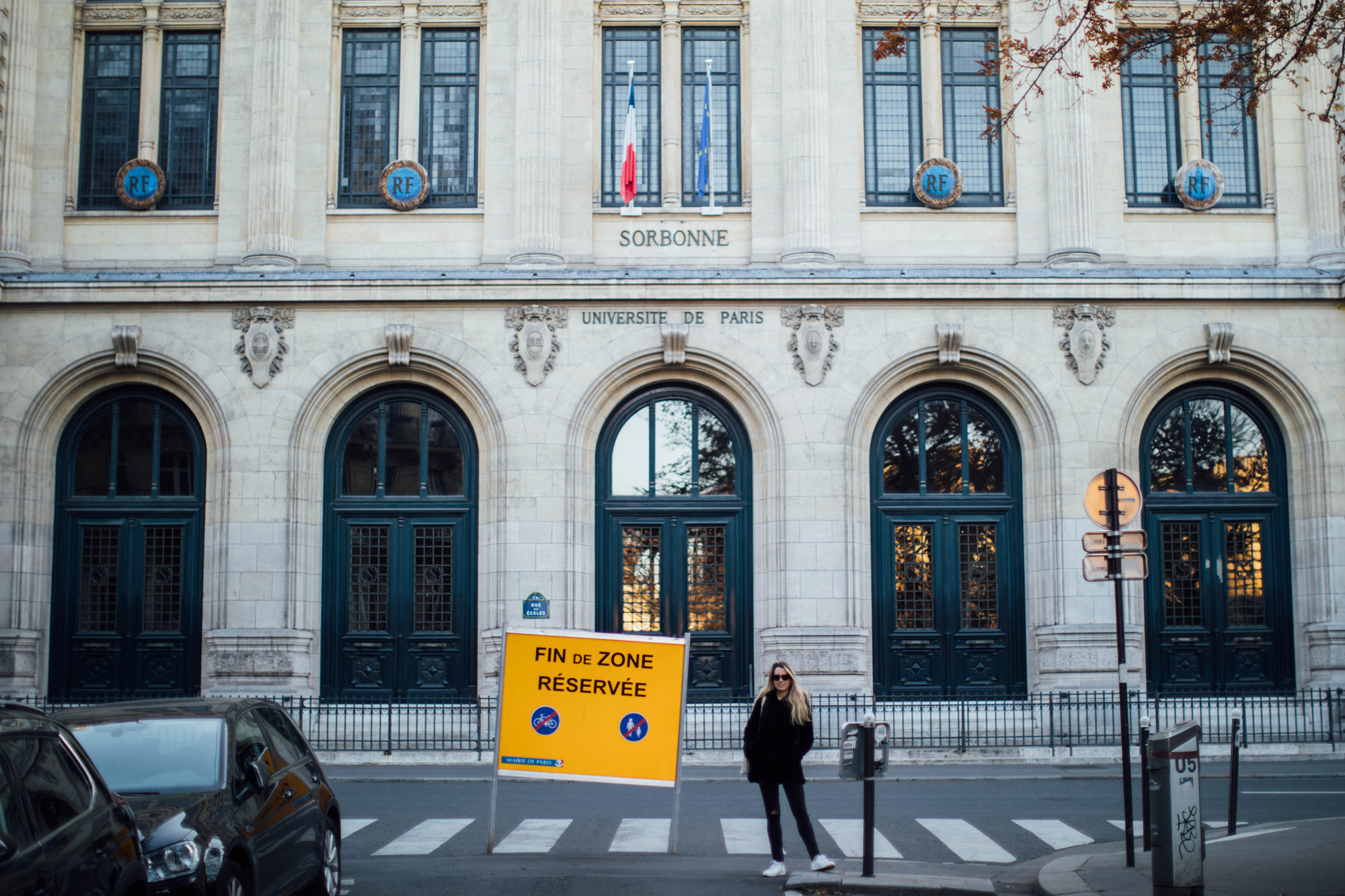Call for Applications: Experimental Study Program for Teens
Cool program alert!
Experimental Study Program
Spring 2020 Season
February 26–April 29
Applications due February 9
This spring, the New Museum offers its free semester-long program for young people aged fifteen to nineteen. Participants will meet from 4 to 6 p.m. every Wednesday from February 26 to April 29 (excluding April 15). Now in its fourteenth season, this program provides youth the chance to learn about contemporary art and engage in intimate, critical discussions about culture.
Through a series of workshops, young people will have the opportunity to collaborate meaningfully with peers and guest artists. This season, the Experimental Study Program (ESP) will explore contemporary portraiture and figuration. The program will take as its starting point the work of Jordan Casteel, whose exhibition “Within Reach” includes large-scale paintings of people she encounters in various settings, including individuals from her neighborhood of Harlem and, more recently, her students at Rutgers University-Newark. Participants will meet Casteel and discuss ideas and approaches to portraiture with her. Throughout the remainder of the season, we will consider the variety of ways that she and other artists use the figure—from expressive and intimate to wildly satirical, abstract, and surreal depictions of the human form—experiment with their own, and reflect on how these choices intersect with identity, representation, social histories, and imaginations.
The Museum seeks applications from people between ages fifteen and nineteen who are curious about contemporary art and enthusiastic about connecting with their peers.
- Click here to apply
- Fill out the application and respond to the prompts
- Include the contact information of a teacher, counselor, or supervisor who can provide a reference
- Submit the completed application by February 9, 2020
*Stay in the know! Subscribe*

